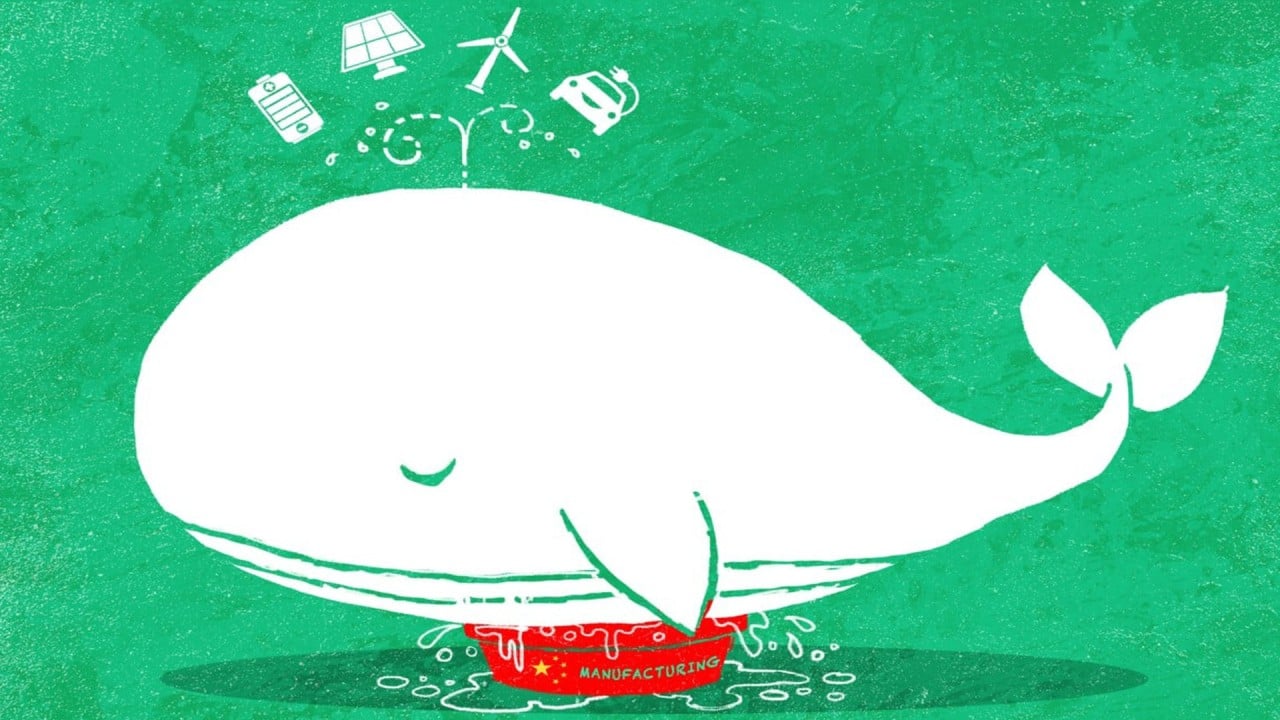Exclusive | ‘Not a positive thing’: Finland wary of China’s growing Russia trade ties amid Ukraine war, EU de-risking – Technologist
“I have no objection if China can play the mediator role, but of course, negotiations are difficult … and the negotiations would be conducted between two parties anyhow, Russia and Ukraine,” he added.
The interview came as Chinese President Xi Jinping welcomed Vladimir Putin to Beijing on his first trip abroad since being re-elected as Russia’s president.
During their meeting, Xi reaffirmed Beijing’s willingness to “play a constructive role” for peace, adding that both Beijing and Moscow agree that “a political settlement of the Ukraine crisis is the correct direction”. Xi said that Beijing would “respect the sovereignty and territorial integrity of all countries and the legitimate security concerns of all parties”.
China’s strong trade relations with Russia since the invasion have come under intense scrutiny, with Western leaders calling into question Beijing’s proclaimed position of neutrality.
China-Russia trade hit a record US$240 billion in 2023, more than double the US$108 billion reached in 2020, largely driven by Chinese imports of Russian oil and exports of cars, electronics and industrial equipment.
“We have sanctioned Russia, because of their prejudgment of international law and the UN Charter. Of course, it would be the legally and morally right thing [for China] to do the same,” Tavio said.
“So I’m not naturally happy that China has continued to do business with Russia … from our perspective, that is not a positive thing,” he added.
“Chinese people have gotten a completely different position. China has become wealthier year by year. China has money to invest around the world. So China is active, of course, also being part of these emerging markets.”
While he expected that China-EU trade relations will improve, he added that both sides have demanded “equality” in trade talks.
The EU has had a trade deficit with China for at least a decade – its highest level was €397 billion (US$431 billion) in 2022. The deficit declined to €291 billion in 2023.
Finland’s trade deficit with China last year was €3.4 billion.
As Brussels moves ahead with calls to reduce dependence on Chinese supply chains, Tavio said that Finland will follow the EU’s common trade policy “with no doubt” as investors worry about China’s future after encountering Russia’s geopolitical shift.
“The whole de-risking discussion also comes from the companies themselves. I [see] Russia more as to blame here … my message to the Chinese would be that when Finland has invested in Russia, and we have lost those investments, because of Russia’s behaviour, I think it is natural that China would only gain to keep on building the trust.”
As a key player in Arctic scientific exploration, Tavio added that Finland would like to maintain cooperation with China under the Arctic Council framework, but China’s increasingly close relations with Russia will be an obstacle in the future.
“If China would decide to basically go hand in hand with Russia, it would probably make it difficult for [China] to cooperate,” he said.
In a joint China-Russia declaration released on Thursday, Beijing and Moscow agreed to further cooperate in the Arctic, developing infrastructure, and increasing commercial activities in Arctic shipping lanes.



